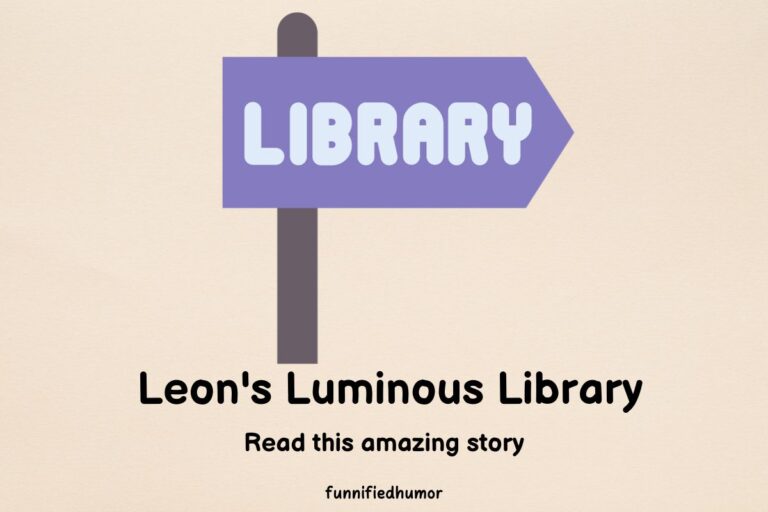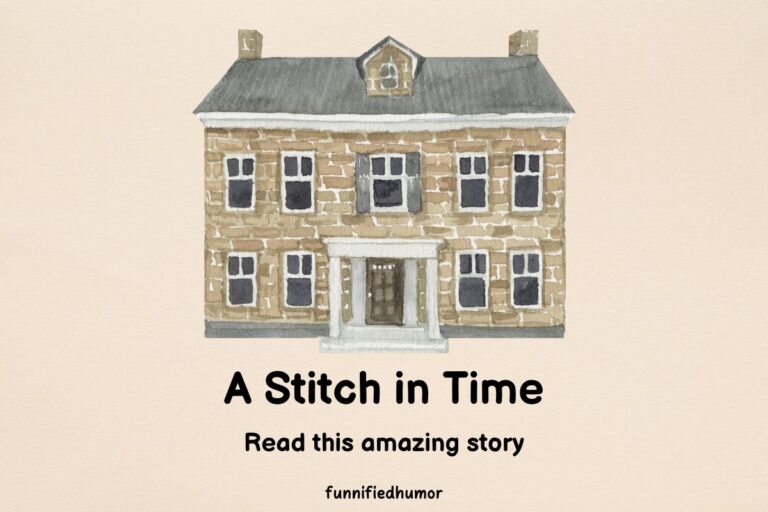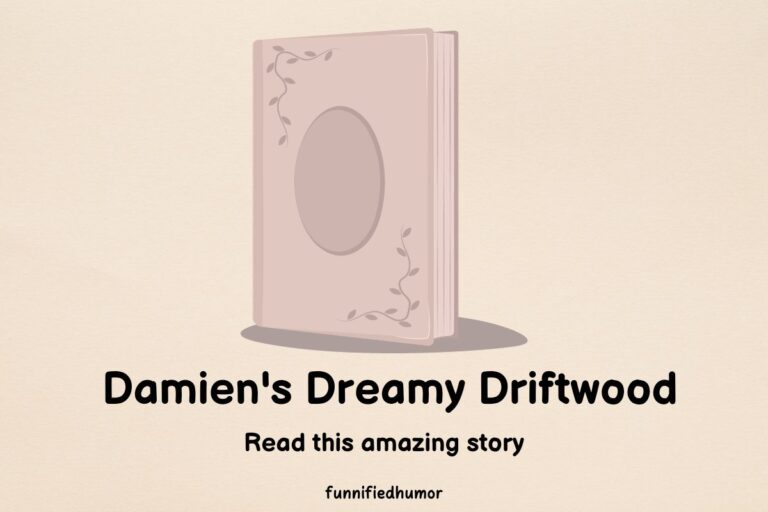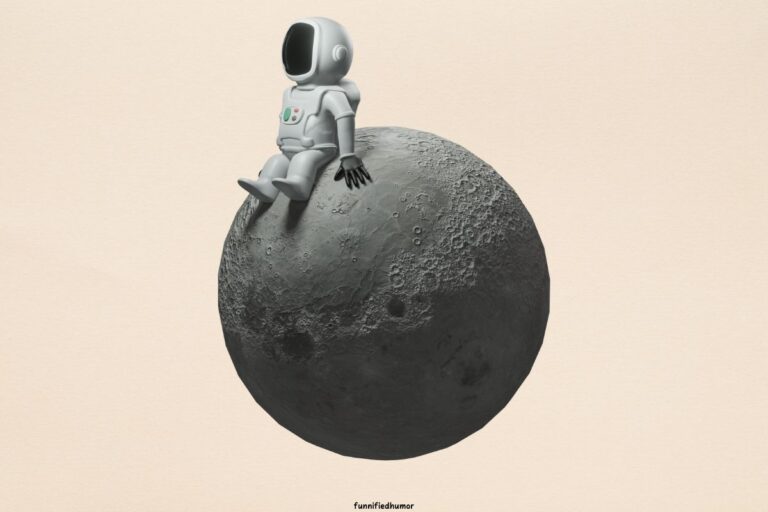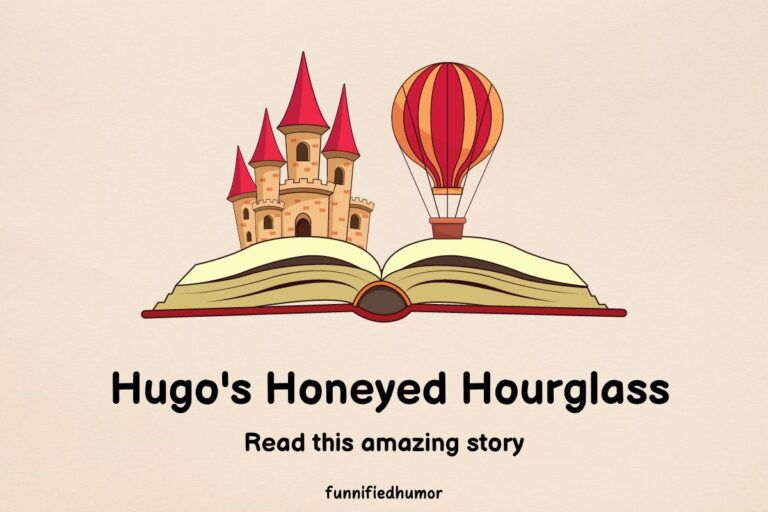Mason’s Mirror Museum

“Mason, are you sure this is the place?” Sarah, Mason’s best friend, peered skeptically at the decrepit building in front of them.
He unfolded the crinkled letter once more, eyes scanning the faded ink. “It says here, ‘To Mason Hughes, I bequeath the House of Mirrors, located on the outskirts of Marlowe Town…’ This has to be it.”
The House of Mirrors, an inheritance from a distant relative Mason barely remembered, stood shrouded in mystery and overgrown ivy. Its once grand facade now whispered tales of forgotten grandeur. The heavy oak door creaked open with a reluctant groan, revealing a dusty hall lined with mirrors of all shapes and sizes.
“Creepy,” Sarah muttered, stepping inside cautiously.
Mason was drawn to the first mirror. It was a simple, full-length piece, its frame carved with intricate designs. He expected to see his reflection – a man in his late twenties, with an average build and a look of perennial uncertainty. Instead, the mirror showed him in a suit, standing confidently in a bustling office.
“That’s… not me,” Mason said, more to himself than to Sarah.
“Wow, you look… different. Successful,” she observed, her voice tinged with surprise.
As they moved through the museum, each mirror presented a different version of Mason’s potential future. One showed him as a world traveler, his face weathered but happy. Another depicted him as a teacher, surrounded by eager young faces. Yet another showed a sadder path, where he looked older, tired, and alone.
“This is incredible,” Mason whispered, a mix of awe and fear in his voice. “It’s like each mirror shows what I could become based on different choices.”
Sarah, ever the skeptic, frowned. “It’s got to be some sort of trick. Projection, or advanced AI, maybe?”
But Mason wasn’t convinced. The feeling of reality each reflection carried was too intense, too personal to be a mere trick. As he stood before yet another mirror, this one showing him as a writer, lost in his thoughts and books, he felt a deep connection to that unrealized version of himself.
That night, Mason lay awake, the images from the mirrors haunting his thoughts. They raised unanswerable questions about fate, choice, and destiny. The next day, he returned to the museum alone, drawn by an insatiable curiosity.
He found a new mirror, tucked away in a corner, its surface shimmering oddly. This mirror did not show a different version of Mason’s future. Instead, it reflected the present, but with subtle, unsettling differences. His reflection moved independently, displaying actions he hadn’t made.
Mason reached out, touching the cool glass. His reflection did the same, but its expression was one of warning, its eyes filled with an unspoken plea.
Suddenly, the room spun around him, and he was no longer in the museum but standing in a bustling city street, unknown faces rushing past him. The world around him was vivid, the sounds, the smells, the colors, all strikingly real.
Confused and panicked, Mason tried to make sense of his surroundings. He remembered the reflection’s warning look and wondered if this was a future he could have lived, a path he might have taken.
As he navigated through the strange yet familiar city, he encountered versions of people he knew – Sarah, his family, colleagues – but none recognized him. Each interaction revealed glimpses of decisions he could have made, paths he might have followed.
Hours, or maybe days, passed in this alternate reality. Mason experienced a kaleidoscope of emotions, from exhilaration to despair, as he saw the varied tapestries of life he could have woven with different choices.
Finally, exhausted and overwhelmed, he found himself back in front of the mirror in the museum. His reflection now mirrored his actions perfectly, the eerie independence gone. The realization hit him hard – every choice he made, significant or trivial, shaped the fabric of his potential futures.
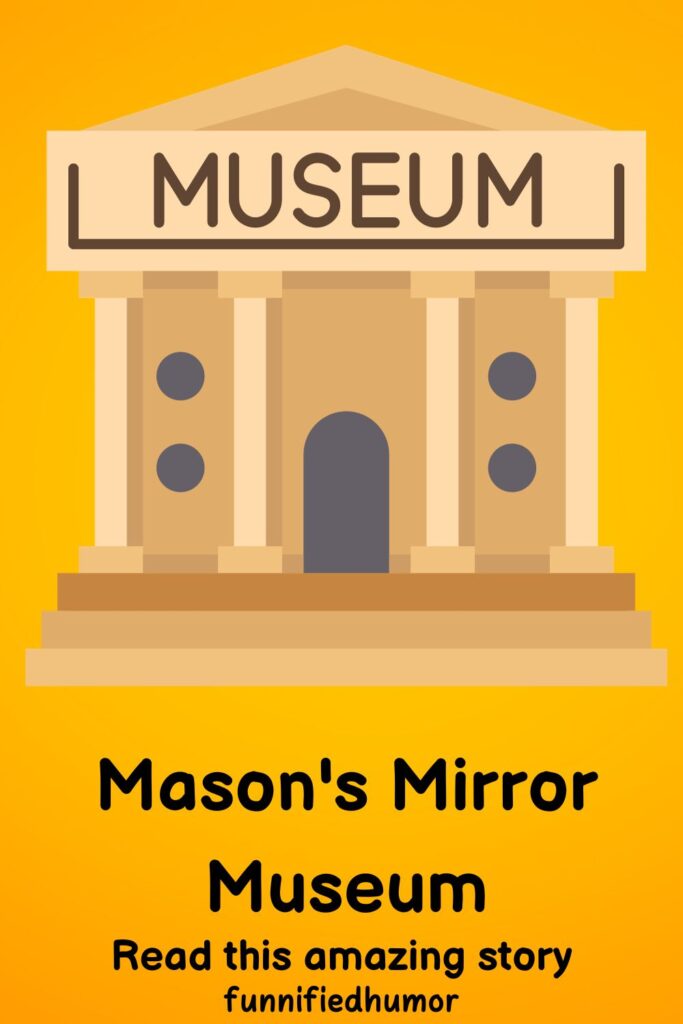
He left the museum, his mind a whirlwind of thoughts. Sarah noticed the change in him immediately.
“You look different, Mason. Like you’ve seen a ghost, or… lived a hundred lives.”
Mason smiled wryly. “Something like that. I’ve been shown a world of ‘what ifs.’ But you know what? It’s made me realize the value of the present, the here and now.”
Sarah listened intently as Mason recounted his experiences. The mirrors, the alternate realities, the lessons on cause and effect, and decision-making – it all sounded like a fantasy, but she could see the profound impact it had on him.
In the days that followed, Mason found himself more engaged with his present. The museum of mirrors, with its haunting revelations and strange wonders, no longer held the same allure. He had learned its most crucial lesson: while it was fascinating to ponder the paths not taken, it was essential to live in the moment and make the best of the path he was on.
As time passed, Mason transformed the museum. He kept the mirrors, but alongside them, he added descriptions, stories, and philosophical musings about life’s choices and chances. The museum became a place of reflection, both literal and metaphorical, attracting visitors who left pondering their own lives and choices.
One evening, as he was closing up, Sarah joined him, a contemplative look on her face.
“This place… it’s become something special, Mason. It makes people think, wonder, dream…”
“Yeah, it does. But it also teaches something more important – to appreciate the present, the reality we live in.”
Together, they locked up the museum, its mirrors silently gleaming in the fading light. Mason looked at his reflection in the door’s glass – just a man, with all his imperfections and uncertainties, but now with a deeper understanding of life’s fragile, beautiful complexity.
As they walked away, the House of Mirrors stood as a testament to the myriad paths life could take, a reminder of the infinite possibilities that lay in every choice, and the singular beauty of the moment at hand.
